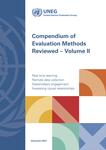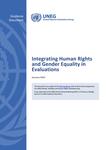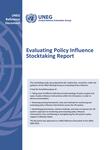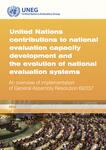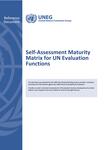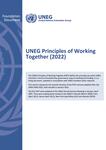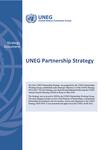Listing 18 of 75 Documents
UNEG Publication
UNEG Guidance Document
Downloads:
121
UNEG Publication
UNEG Reference Document
Downloads:
345
UNEG Publication
UNEG Guidance Document
Downloads:
5
UNEG Publication
UNEG Reference Document
Downloads:
35
UNEG Publication
UNEG Peer Review
Downloads:
32
UNEG Publication
UNEG Reference Document
Downloads:
32
UNEG Publication
UNEG Reference Document
Downloads:
40
UNEG Publication
UNEG Guidance Document
Downloads:
30
UNEG Publication
UNEG Reference Document
Downloads:
9
UNEG Publication
UNEG Peer Review
Downloads:
5
UNEG Publication
UNEG Peer Review
Downloads:
8
UNEG Publication
UNEG Publications and Reports
Downloads:
3

